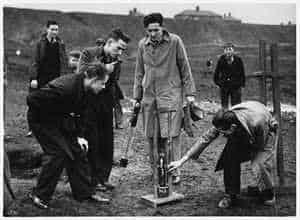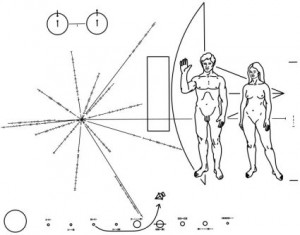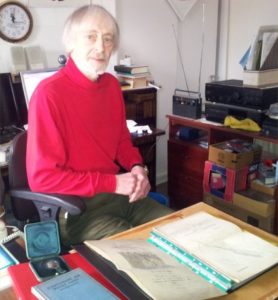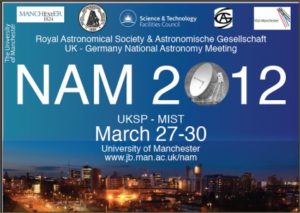Two weeks to go. Here is a quick update.
Currently 26 individuals have got tickets from the online system and we received a request to reserve an additional two for collection at the door.
I have had to make a change in the program. Kevin Kilburn has had to pull out, but Mike Hall, a BIS member since 1966 and a Fellow of the BIS since 1982, has stepped in. Mike’s subject is one of the hottest topics in spaceflight right now – “The Chinese Space program“. Kevin had warned me of this possibility back in February and Mike offered this “backup” option at around the same time, too.
Given that Kevin’s subject “History of BIS in the Northwest” is central to this meeting, he has come up with a novel suggestion. Kevin has asked me to do his talk. So I will cover Kevin’s topic and drop my Gagarin talk.
I have updated the original details here and in this pdf too.
Want to publicise this event locally? You can download a single A4 MSword document here. Each page has two A5 leaflets. Please share.




 A
A